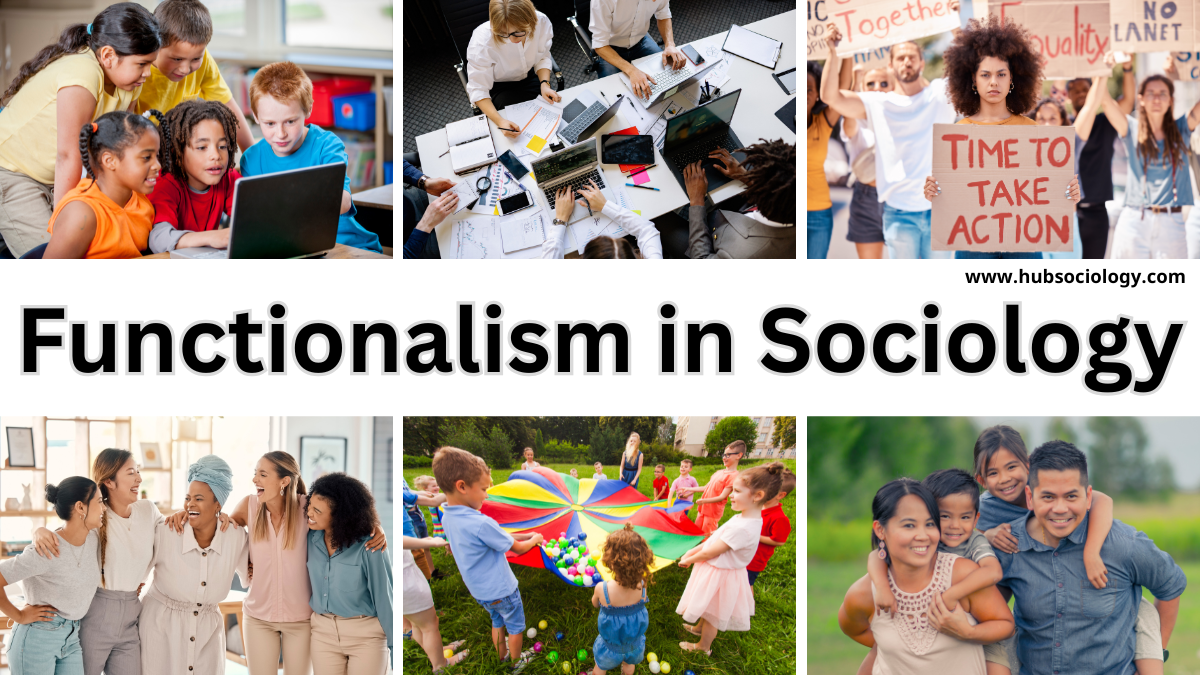Social Constructivism: How Society Shapes Reality
Introduction Reality is often perceived as an objective and fixed entity, existing independently of human interpretation. However, social constructivism challenges this notion by arguing that much of what we consider “real” is shaped by social interactions, cultural norms, and collective agreements. In sociology, social constructivism examines how society creates and maintains shared understandings of reality … Read more









